
Research shows small business charitable contributions can help companies connect with their customers and their community. According to a 2010 study by Cone Communications, 85% of consumers have a more positive image of a company when it supports a cause they care about; 90% of consumers want companies to tell them how they’re supporting charitable causes.
That means more than 278 million people in the United States want to know what a company is doing to benefit a cause.
It doesn’t matter what kind of business you have, you can always find a way to incorporate charitable donations into your business plan, says Robin Leigh, founder and CEO of the Certified Charitable Giving Alliance, an organization that educates businesses and entrepreneurs in charitable giving and social responsibility.
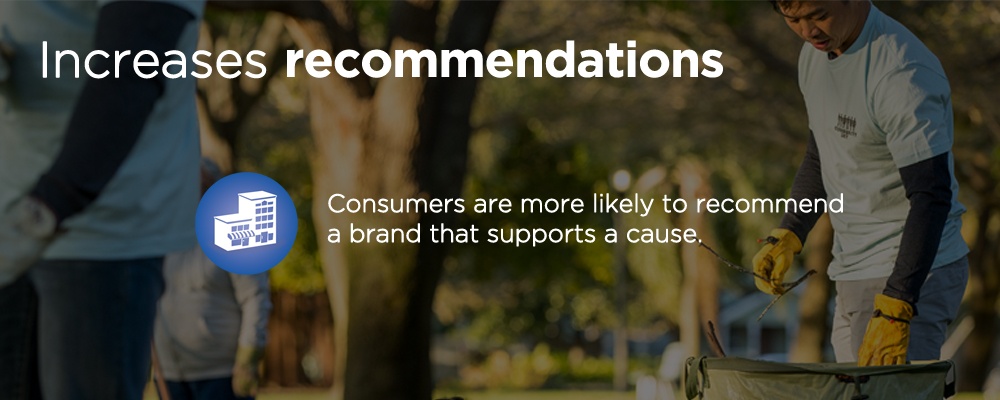
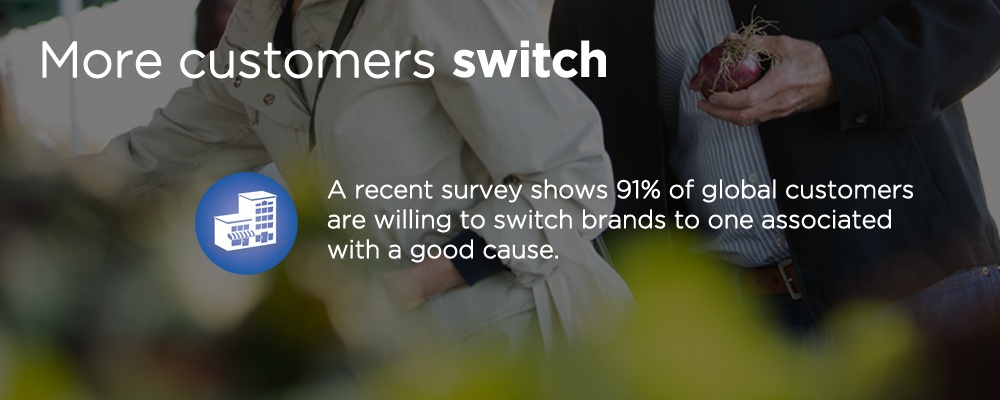
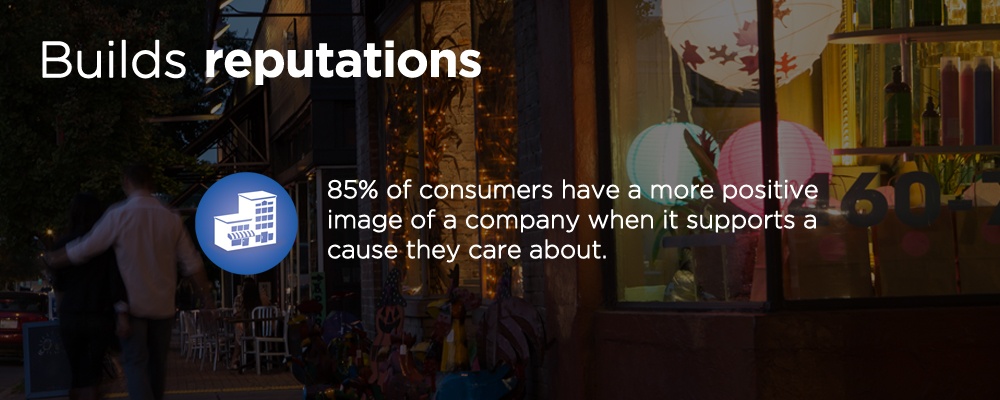
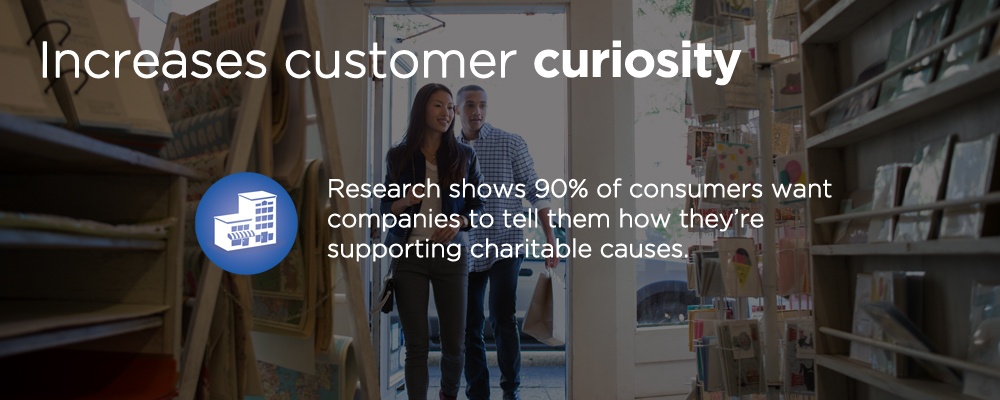
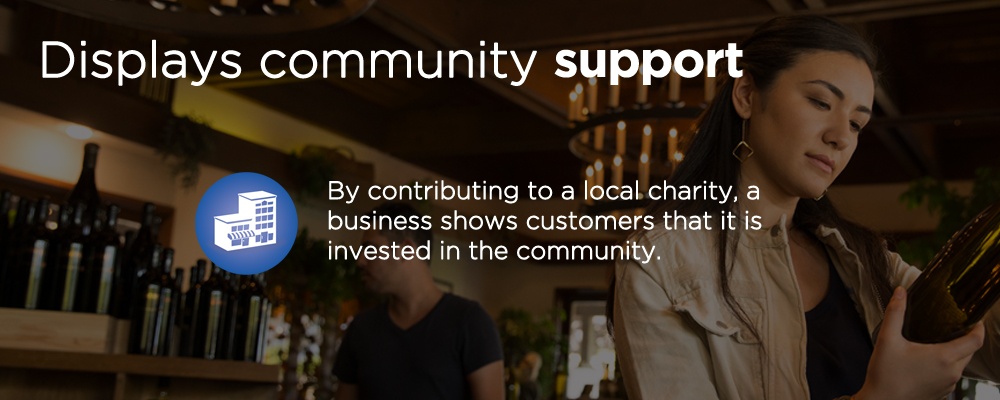
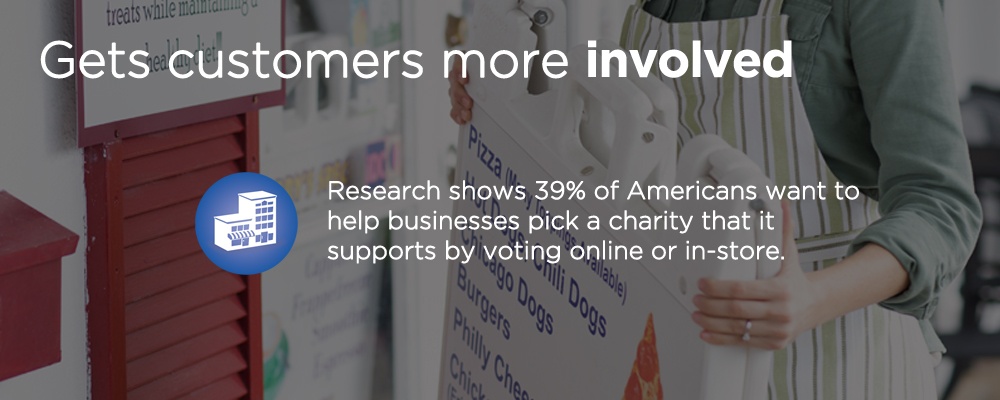
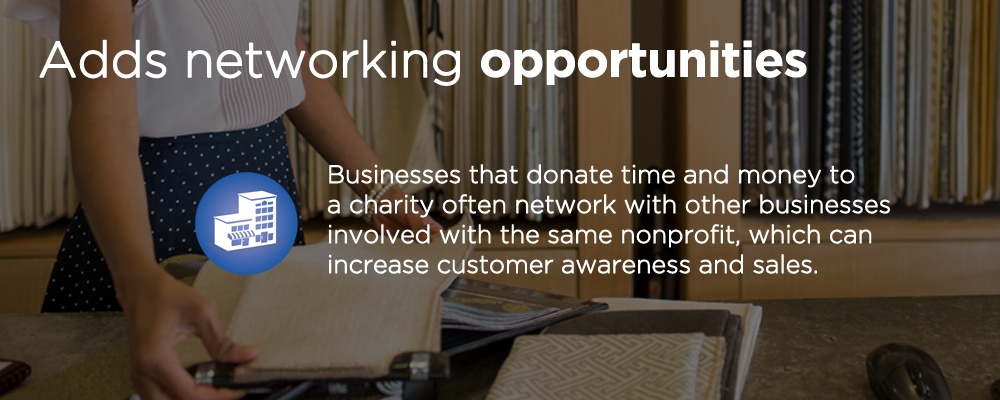
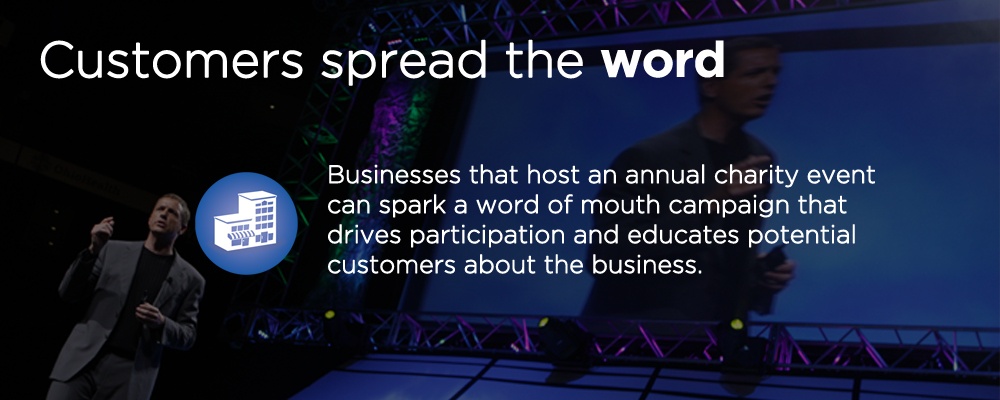
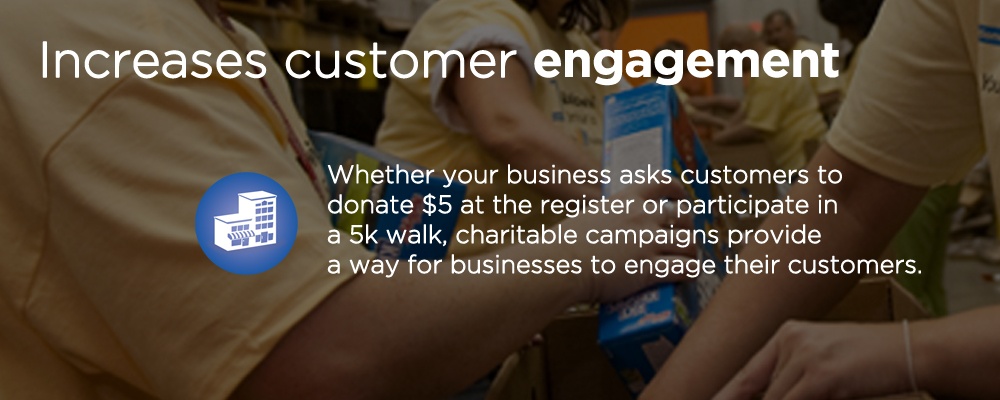
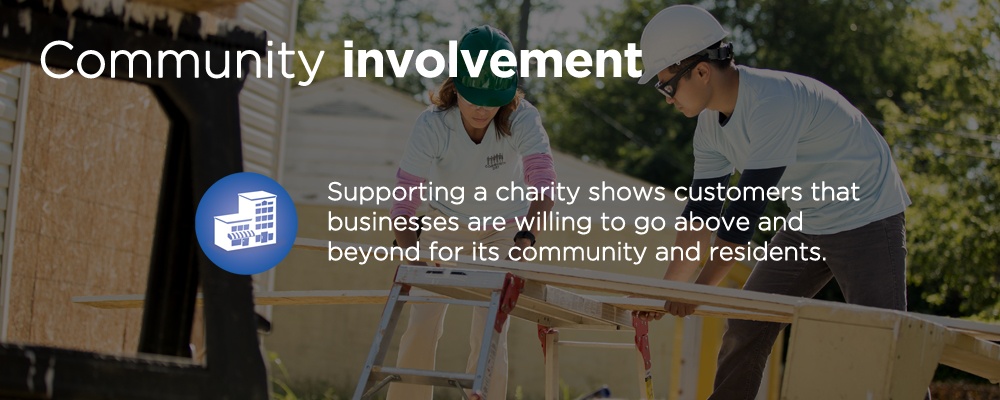
Don’t just make a one-time donation
Leigh recommends making charitable giving part of your business plan instead of making a one-time donation because it can have a great impact on your business. Leigh has worked with companies that have seen a 10% to 35% increase in their growth because of their charitable giving, she says.
The key is to create incentives for customers to use your business to help support a charity. For instance, if you own a cleaning company, you can offer to make a $25 donation every time you clean your client’s office. Or, if you own a car dealership, you can offer to make $25 donation every time a customer test-drives a vehicle.
Consider a local charity
Many small businesses will name a local charitable organization as the benefactor of their giving. While a local charitable organization might not have the same name recognition as the Komen Foundation or Ronald McDonald House, your contributions will still make an impact. One of the benefits to giving to a local organization, she says, is your customers can see the direct results of your charitable giving in the community.
Do your research
Before deciding which charity to support, Leigh suggests doing some research. There are an estimated 1.6 million U.S. charities, Leigh says, but only 8,000 of them meet the financial threshold to be ranked by Charity Navigator.
The Certified Charitable Giving Alliance offers a number of tools to help your business choose a charity to support, including a worksheet. The Federal Trade Commission also provides a checklist of items to consider before giving.
Before you decide to support a charity
● Verify the charity’s status using the IRS website
● Review the charity’s brochures, website and financial reports
● Investigate any third-party assessments of the charity, such as reports from the American Institute of Philanthropy
● Meet with the charity’s leaders or key staff members to discuss their work
After reviewing this information, ask yourself whether the charity:
● Can clearly explain its mission, past successes and current challenges
● Has identified its board members
● Offers photos and testimonials about the work it does
● Has adequate funding to meet its overhead
Make sure you are impressed enough with the charity’s work and mission to feel comfortable supporting the organization. Once you start promoting your support of a particular organization, it will reflect on you and your business, Leigh says.
Tax Benefits
In addition to generating goodwill among your customers and community, remember that your charitable donation might be tax deductible. Donations of cash, volunteered services, inventory or sponsorship of a charity event are eligible for a tax deduction, according to the Small Business Administration.



